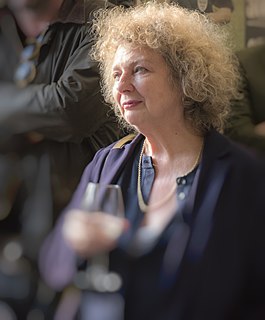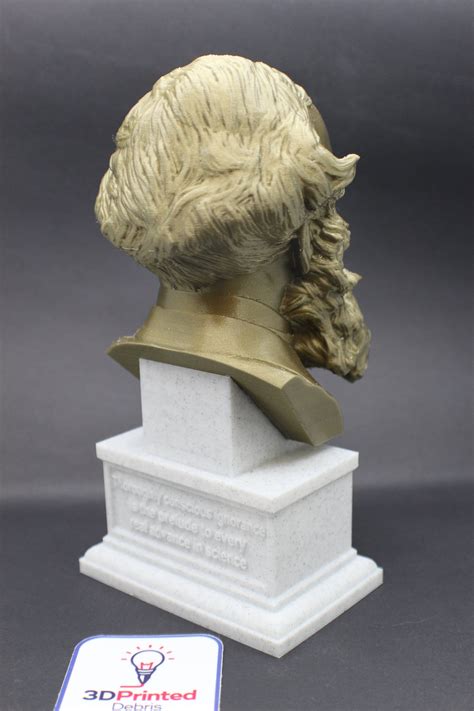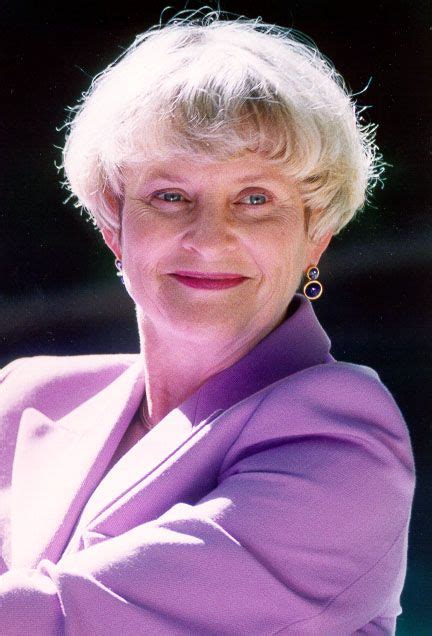A Quote by Twyla Tharp
Balzac loved courtesans. They were independent women, and in the 19th century, that was a breed that was just evolving.
Quote Topics
Related Quotes
In the 19th century, when Muslims were looking at Europe as an example, they were independent; they were more self-confident. In the early 20th century, with the fall of the Ottoman Empire, the whole Middle East was colonized. And when you have colonization, what do you have? You have anti-colonization.
I was really interested in 20th century communalism and alternative communities, the boom of communes in the 60s and 70s. That led me back to the 19th century. I was shocked to find what I would describe as far more utopian ideas in the 19th century than in the 20th century. Not only were the ideas so extreme, but surprising people were adopting them.
Well into the 19th century there were pronouncements from just about every branch of science and medicine that reading, writing, and thinking were dangerous for women. Articles in the Lancet declared that women's brains would burst and their uteruses atrophy if they engaged in any form of rigorous thinking. The famous physician J.D. Kellogg insisted that novel reading was the greatest cause of uterine disease among young women and urged parents to protect their daughters from the dreaded consequences of print.
In the beginning of the 19th century, maybe forty percent of women and fifty percent of men could produce a signature, which meant that they'd had at least three years of education because it was in third grade that people started penmanship in the 19th century. And of course black people could get killed if they got caught teaching themselves to read in some parts of the country.
The 19th century Mormons, including some of my ancestors, were not eager to practice plural marriage. They followed the example of Brigham Young, who expressed his profound negative feelings when he first had this principle revealed to him. The Mormons of the 19th century who practiced plural marriage, male and female, did so because they felt it was a duty put upon them by God.







































